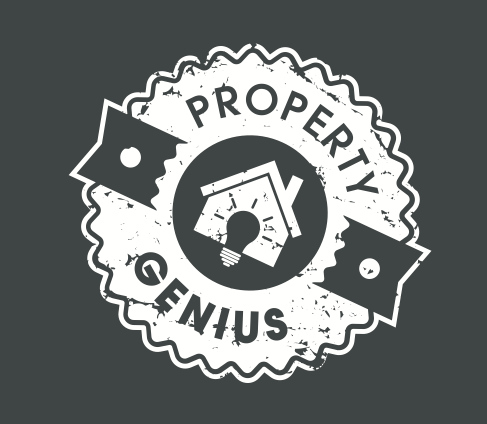Definition of abandoned property
The term "abandoned property" may seem straightforward, but it carries specific legal implications for both tenants and landlords. Understanding what constitutes abandoned property can help both parties navigate the complexities of property management and avoid legal pitfalls.
What is Abandoned Property?
Personal Items: Abandoned property refers to any personal belongings left behind by a tenant after the end of a tenancy period. This can range from furniture and electronics to clothing and personal documents.
Unclaimed: For property to be considered abandoned, it must be left unclaimed after the tenancy has ended. This means that the tenant has neither retrieved the items nor expressed an intention to do so.
End of Tenancy: The property is considered abandoned only after the tenancy agreement has officially ended, either through expiration or termination.
Legal Status
Ownership: Legally, abandoned property still belongs to the tenant until a specific period has elapsed.
Landlord's Rights: The landlord does not automatically gain ownership of abandoned property. They are required to store it for a certain period and make reasonable attempts to notify the tenant.
Tenant's Rights: The tenant has the right to claim their abandoned property within the legally defined period. Failure to do so may result in the landlord gaining the right to dispose of the items.
Conclusion
Understanding the definition of abandoned property is crucial for both tenants and landlords. It sets the stage for how each party must legally handle such items. At Property Genius, we aim to clarify these definitions and legal obligations to ensure a smooth transition at the end of a tenancy.
